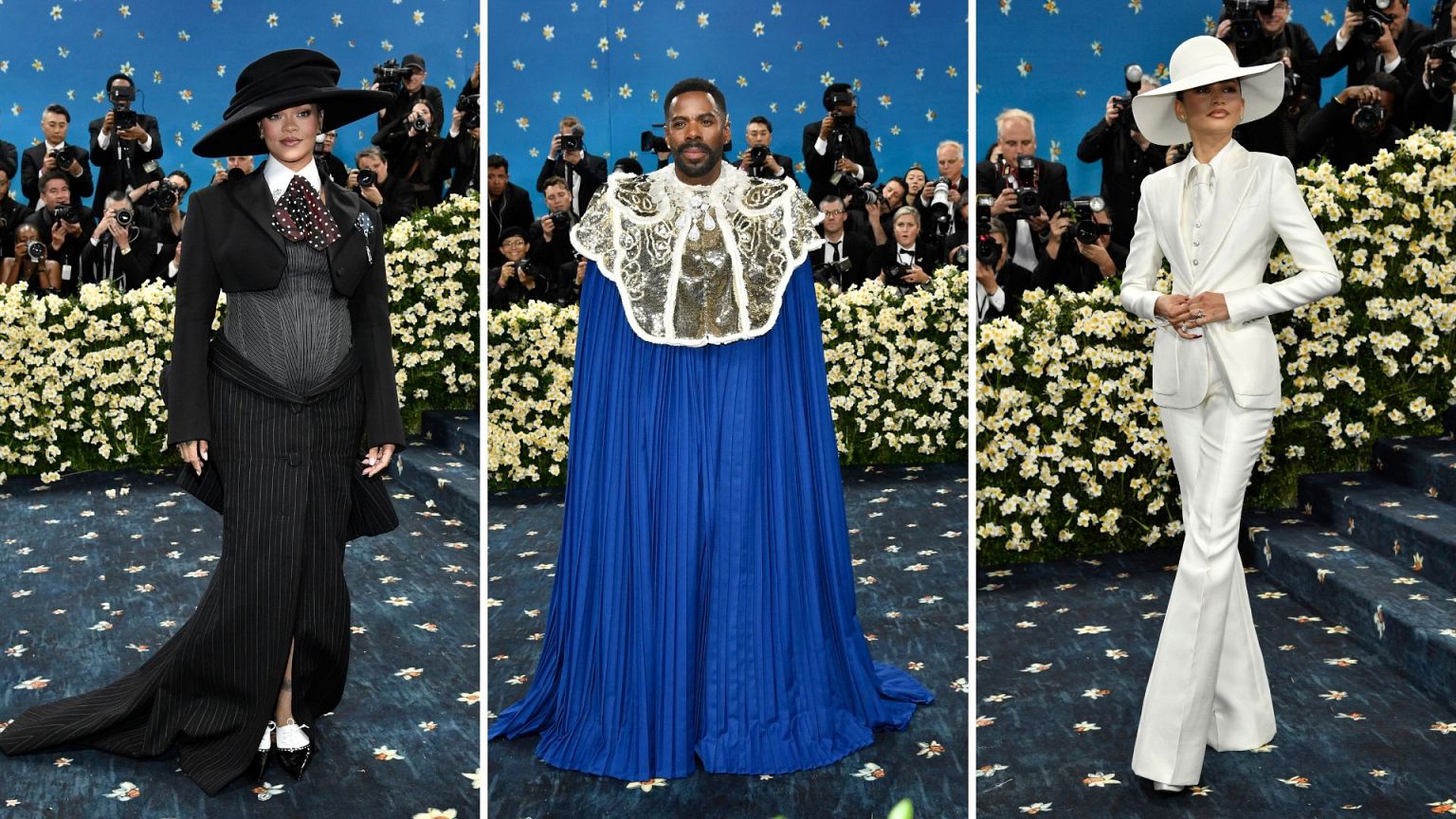Chewy beats on revenue estimates, swings to a profit in Q3
Dive Brief:
Dive Insight:
Even as consumers pull back on discretionary spending, Chewy managed to beat on revenue estimates from both Wedbush (12% to 13% growth) and consensus (11% growth).
The online pet retailer during the period swung to a profit, reporting a net income of $2.3 million from a loss of $32.2 million last year. Chewy also reduced its operating loss by 98.6% year over year.
“We experienced strong demand throughout the third quarter, especially across our non-discretionary categories, which provided a solid foundation for our growth,” Singh said, adding that “non-discretionary categories like core food and healthcare collectively made up over 83% of our net sales and were the primary growth drivers, reflecting healthy unit demand and improved in-stock levels.”
Within the discretionary category, sales of hard goods fell 5% year over year, representing a 400-basis-point improvement from Q2.
To offset this, Chewy has been leaning deeper into its non-discretionary areas of business, like its growing health offerings. During the period, the retailer expanded its CarePlus program to include insurance and wellness plans from Lemonade, and plans to launch the program nationwide in the spring. Chewy also recently launched a new private label, Vibeful, featuring vitamins, and hip and joint supplements.
Beyond its health assortment, the company launched a beta version of a sponsored ads program, featuring dedicated product placements on the retailer’s website to promote products from select vendors. Chewy is planning for a full launch next year.
But while the retailer is netting more customers after seeing customer acquisition rates come under pressure earlier this year from softening demand, analysts remain concerned over the rising costs associated with acquiring those customers.
The retailer’s advertising and marketing costs were up nearly 18%, reaching $177.1 million, and according to Wedbush analysis, customer acquisition costs were up 30% year over year.
“While we are incrementally positive following the 3Q print, we remain concerned with skyrocketing customer acquisition costs and stubbornly higher customer churn,” Wedbush analyst Seth Basham said in emailed comments.







